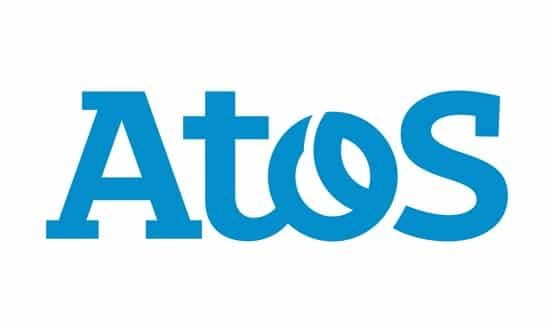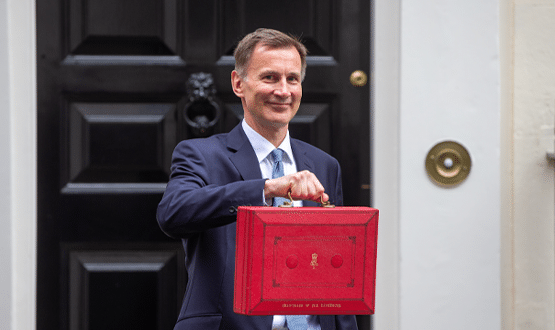PwC finds ‘even more’ IT savings
- 16 January 2013

A report from consultants PriceWaterhouseCoopers has concluded that the NHS could save billions of pounds a year if “ambitious, proactive NHS organisations” improved their use of information technology.
In a report published ahead of a speech by health secretary Jeremy Hunt this evening, which will call for a paperless NHS by 2018, PwC says the NHS could save £4 billion more than the government’s estimate in its NHS information strategy.
It argues that around half of this – £1.7 billion – could be generated from four actions, including the roll-out of e-prescribing in hospitals and the Electronic Prescription Service in primary care.
Other ‘priority’ actions include using information to improve post-operative care and commissioning and “ensuring the widespread provision of complete and accurate clinical and attendance information to clinicians and carers at the point of care, via clinical portals or other solutions.”
The rest of the ‘additional’ savings – £2.7 billion – are assumed to come from the NHS falling into line with the government’s wider ‘digital first’ agenda.
The ‘Power of Information’ strategy, published in May last year, came with an impact assessment that argued the NHS could realise savings of around £5 billion if it was implemented.
PwC appears to have been asked to revisit these assumptions in December, and to conduct a desk search for evidence of the financial and other benefits of adopting further IT systems.
Its researchers concluded their rapid review at the start of January, and identified ‘additional actions’ that the NHS could take.
Beyond the consultancy’s ‘priority’ and ‘digital first’ actions, these include making better use of cost and quality information, providing better choice information to patients, using IT to drive down the cost of negligence and litigation.
PwC admits that additional research would be needed to determine the exact impact of these actions; but admits that another ‘rapid review’ of digital first has “stressed the difficulty of accessing these benefits.”
In a section headed “the delivery challenge” the consultancy says that getting the value out of IT investments will require “concerted action” from health and social care organisations.
It says “funds to cover one-off investment costs” in both new technology and new processes will also be needed, along with “robust governance procedures” to make sure projects are properly implemented.
While the report conspicuously fails to mention any of the NHS’ other IT strategies, or the ten year, £12.7 billion National Programme for IT in the NHS – of which the EPS was part – it acknowledges that some of its ideas would take “five-ten years or more” to deliver their benefits.
This will flesh out commitments in the NHS mandate to the NHS Commissioning Board to get interoperable systems into hospitals and other healthcare organisations by 2015, and to give patients access to them.
A consultation on patient access is promised later this year. However, privacy campaigners have already attacked the government’s latest move, arguing that the consent and confidentiality problems will be insurmountable.




